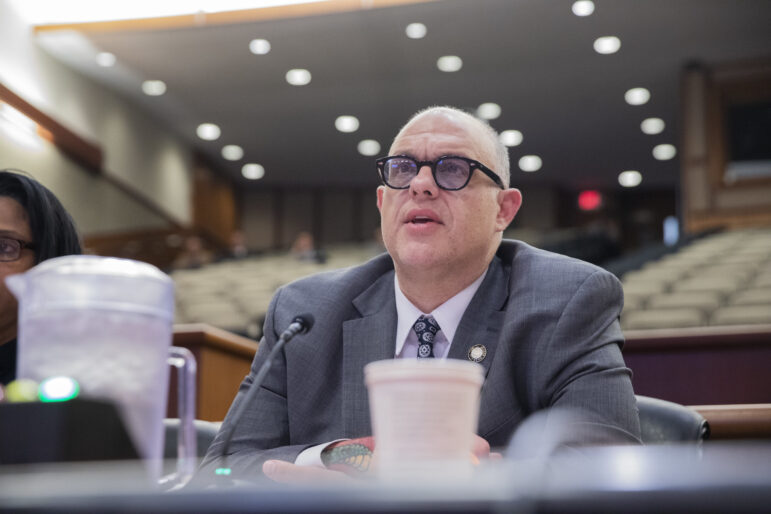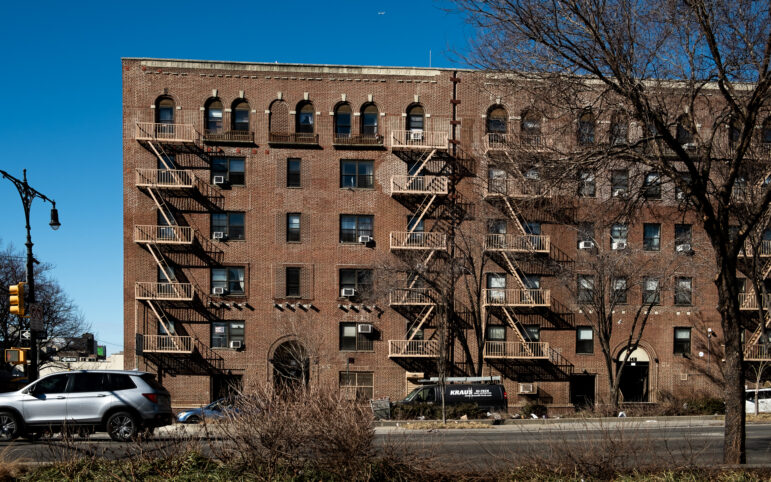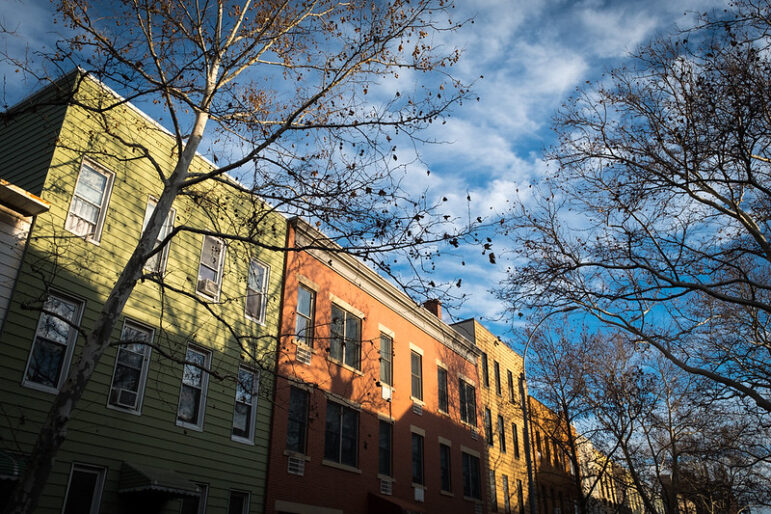For years, housing programs and commissioners have changed, but tenants’ need to fight for their rights to take over their buildings hasn’t.
Last week, the city resolved a long-running dispute over the rights of tenants to acquire and run their own buildings. Its housing agency spelled out exactly how they can do this under the city’s newest program for dealing with troubled properties, called third party transfer. In August 2000, a group of tenant associations filed a lawsuit against the Giuliani administration, arguing that the program did not give residents a fair opportunity to establish cooperatives in their own buildings.
On April 8, eight months after a settlement was reached in that case, the city Department of Housing Preservation and Development issued rules specifying exactly when the agency will let tenants know that it is considering taking their building from its current owner and transferring it to a new for-profit or non-profit agency—third party transfer’s basic approach. Previously, tenants often complained they didn’t know about the program until their building had already been transferred.
The rules also guarantee residents the right to apply jointly with a nonprofit organization to buy their buildings, and they clarify how the city will decide whether tenant ownership is viable.
Community groups and attorney who support tenant ownership are cautiously pleased with the new rules and with the way HPD has integrated tenants into the third party transfer program so far. Out of the 275 buildings that have entered the program, dozens are moving towards tenant ownership.
They wonder, however, if the new rules may ultimately limit the number of new tenant cooperatives. City regulations give applicants for building ownership, whether tenants or an organization, 90 days after HPD notifies them of a pending transfer to apply for ownership. Legal Aid attorney Harvey Epstein argues that that time frame should be extended for tenants, since they are required as part of their application to file a petition signed by 60 percent of the building’s residents. “You can do it in 90 days,” he said, “but it’s hard.”
For that to change, said an HPD spokesperson, it’s up to the City Council to change the third party transfer law.
In the meantime, advocates for cooperative are keeping cautiously optimistic about the future of tenant ownership. The city recently issued a new list of about 350 buildings slated for the program’s fourth round. If residents of those properties decide they’re ready to own, past experience says they’ll succeed, said Marina Metalios of the Urban Homesteading Assistance Board, which helps tenants manage their own buildings. “So far, HPD has been very serious about honoring tenants’ petitions,” Metalios said. “They’ve been pretty receptive.”








